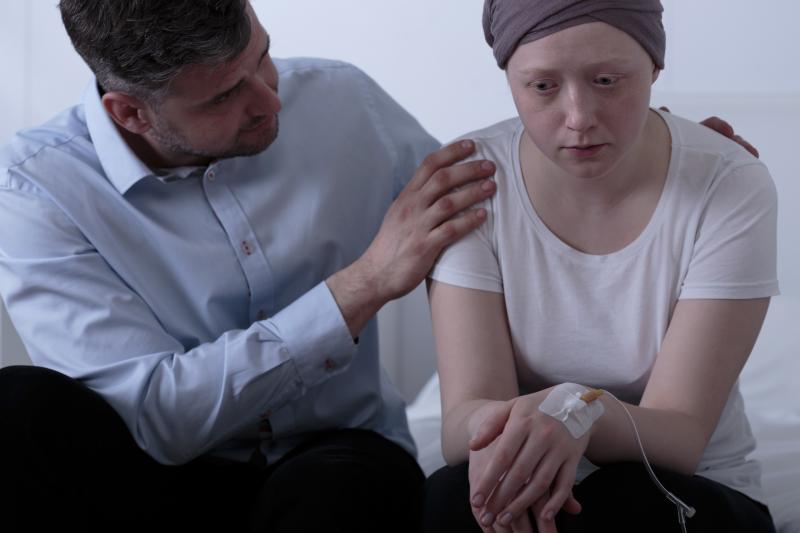
Among cancer survivors, fear of cancer recurrence (FCR) in Singapore is comparable to that of Western counterparts, but severe or pathological levels of FCR are fourfold higher, reveals a study, underscoring a difficulty not commonly acknowledged but deserves more attention.
“The study results would be useful to clinicians and therapists in dealing with patient’s concerns about their illness and disease status, designing relevant post-treatment interventions and, ultimately, enhancing psychosocial care of cancer survivors,” the researchers said.
A total of 404 cancer survivors in remission were evaluated for the following: FCR using the Fear of Cancer Recurrence Inventory (FCRI), emotional distress using the Hospital Anxiety and Depression Scale, and quality of life using the World Health Organization Quality of Life-BREF. Clinical and severe or pathological FCR was established on the severity scale of FCRI, known as FCRI-Short Form. Factors associated with FCR were assessed via multivariate logistic regression.
Of the cancer survivors, 43.6 percent had clinical FCR and 32.1 percent had severe or pathological FCR, with mean scores on the FCRI of 59.5±30.4. [Singapore Med J 2020;doi:10.11622/smedj.2020007]
The following factors were significantly associated with severe or pathological levels of FCR: younger age (odds ratio [OR], 0.952, 95 percent confidence interval [CI], 0.911–0.995; p<0.05), higher educational status (OR, 2.55, 95 percent CI, 1.15–5.65; p<0.05) and higher levels of emotional distress (OR, 1.17, 95 percent CI, 1.10–1.24; p<0.001).
The FCR level in this study was similar to that of two other studies conducted in Western mixed-cancer populations, which had mean FCRI scores of 51.7±28.8 and 53.8±27.8, respectively. [J Cancer Surviv 2010;3:361-371; Support Care Cancer 2009;17:241-251]
On the other hand, severe or pathological FCR among cancer survivors in Singapore was greater by more than four times as that reported in their Western counterparts (32.1 percent vs 7 percent). [J Cancer Surviv 2013;7:300-322]
The present study, unlike in previous ones, found no association between quality of life domains (ie, physical, psychological, social relations and environmental) and FCR. However, “our earlier research has shown that specific psychological resources have a role in alleviating emotional distress among Singapore cancer patients,” the researchers said. [Psychooncology 2013;22:978-986; Psychooncology 2017;26:278-281]
Several concerns were noted in this study. For instance, clinical assessments were not included in the design, and patients who reported levels of clinical FCR were not examined by a clinician, which would have provided a definitive diagnosis. Moreover, a consensus on the distinctions between mild, moderate and severe levels of FCR remains to be established. [BMC Cancer 2016;16:291]
“Despite these limitations, our findings suggest that clinicians should be concerned about and aware of FCR,” the researchers said, noting that priority measures should include screening, assessments, and patient and caregiver psycho-education.
“Further research in a longitudinal study of risk factors and protective factors will support this initiative, as well as address the lack of consensus on the different levels of FCR severity,” they added.